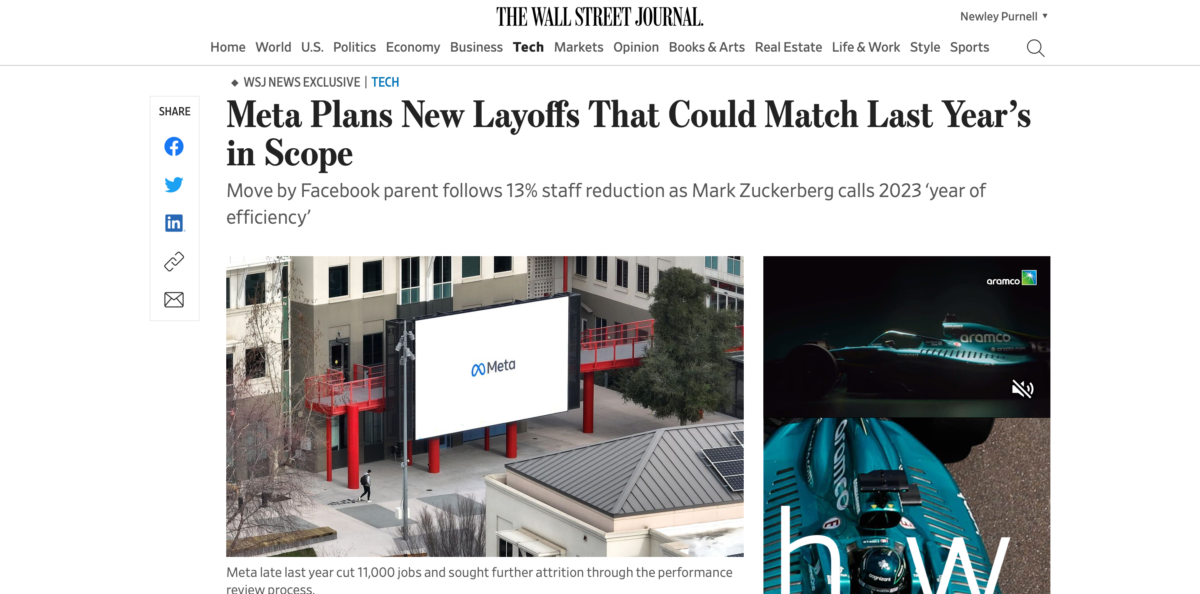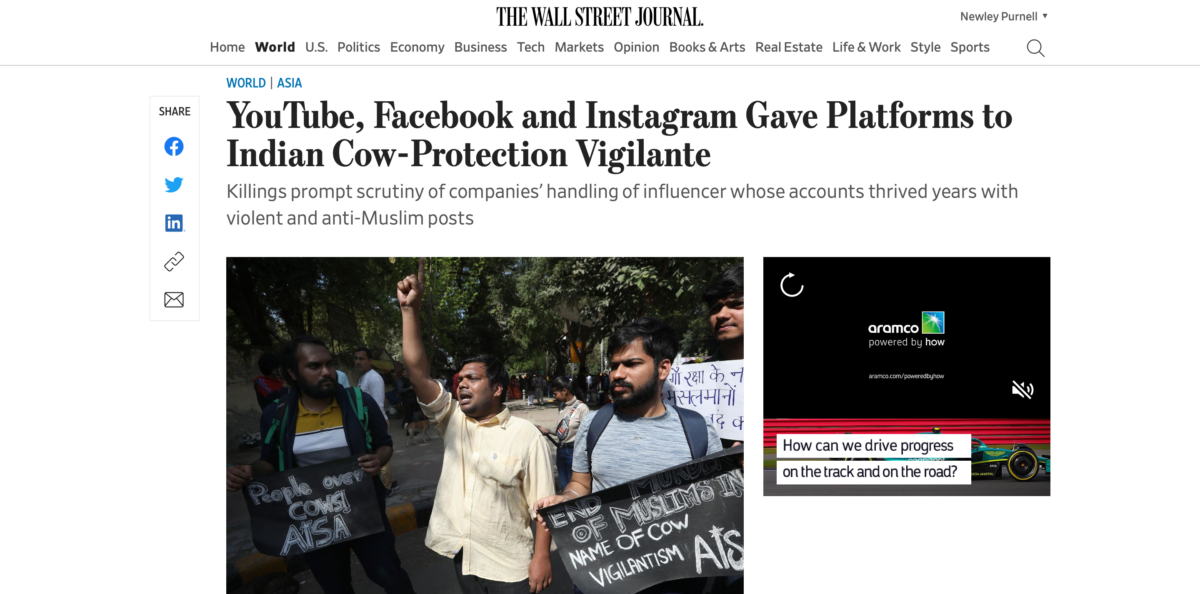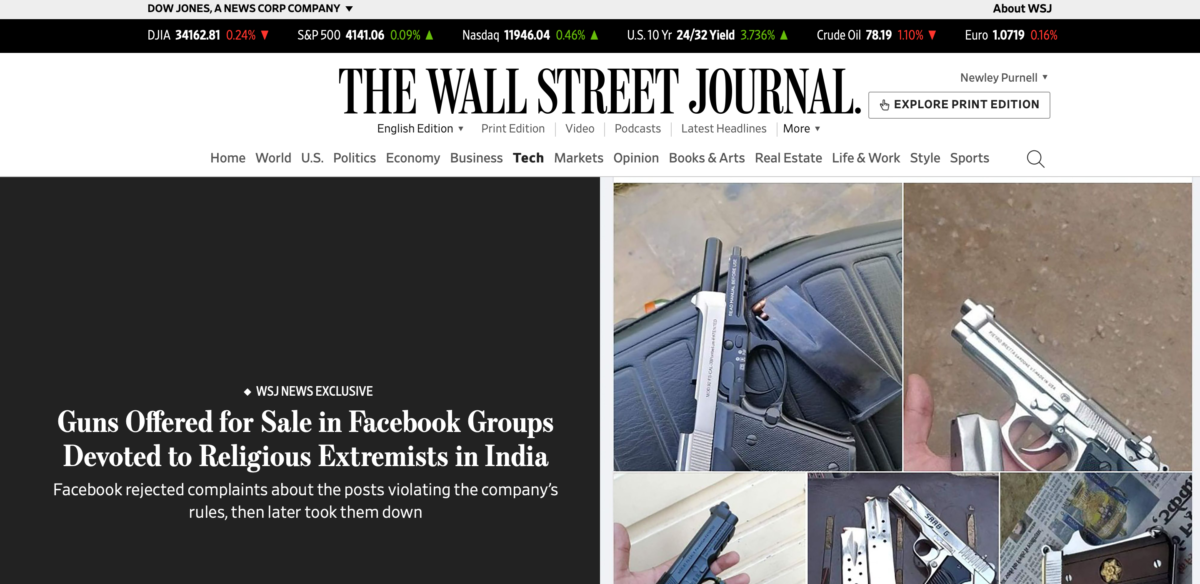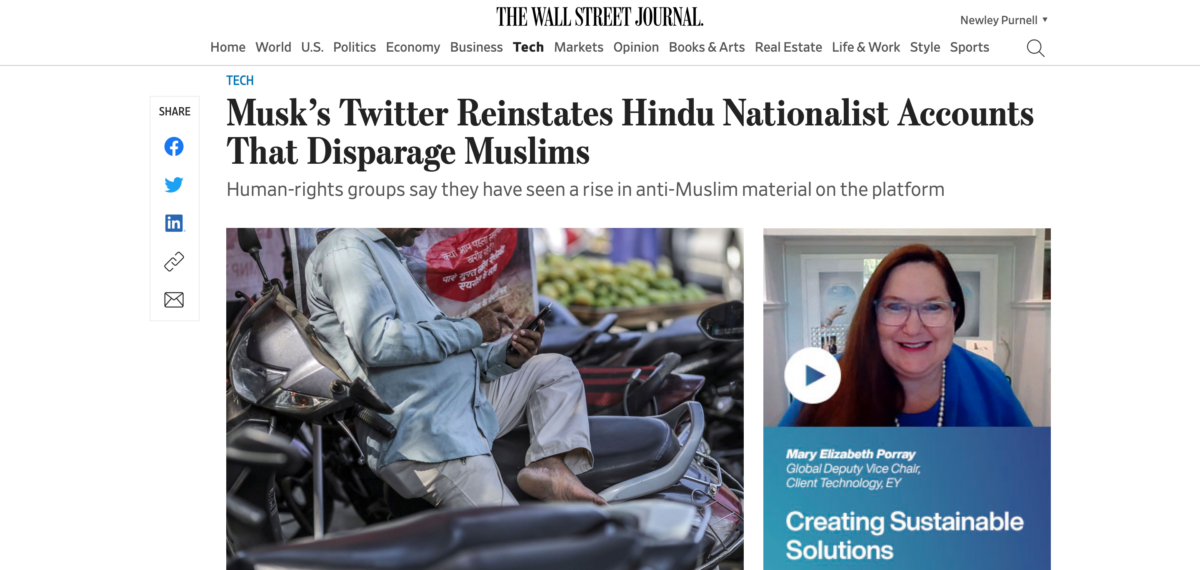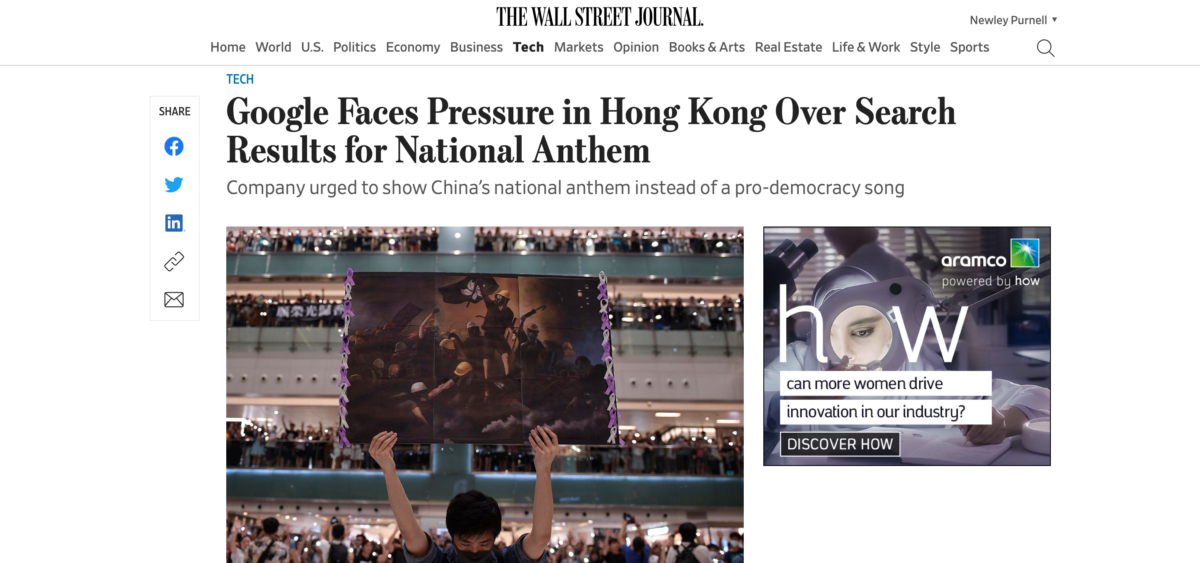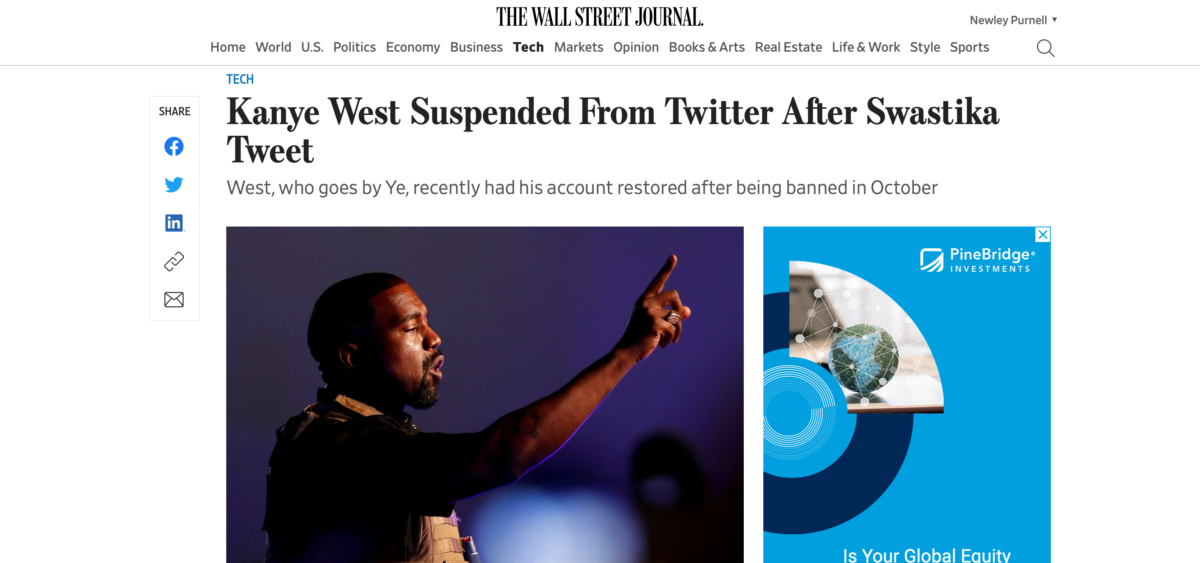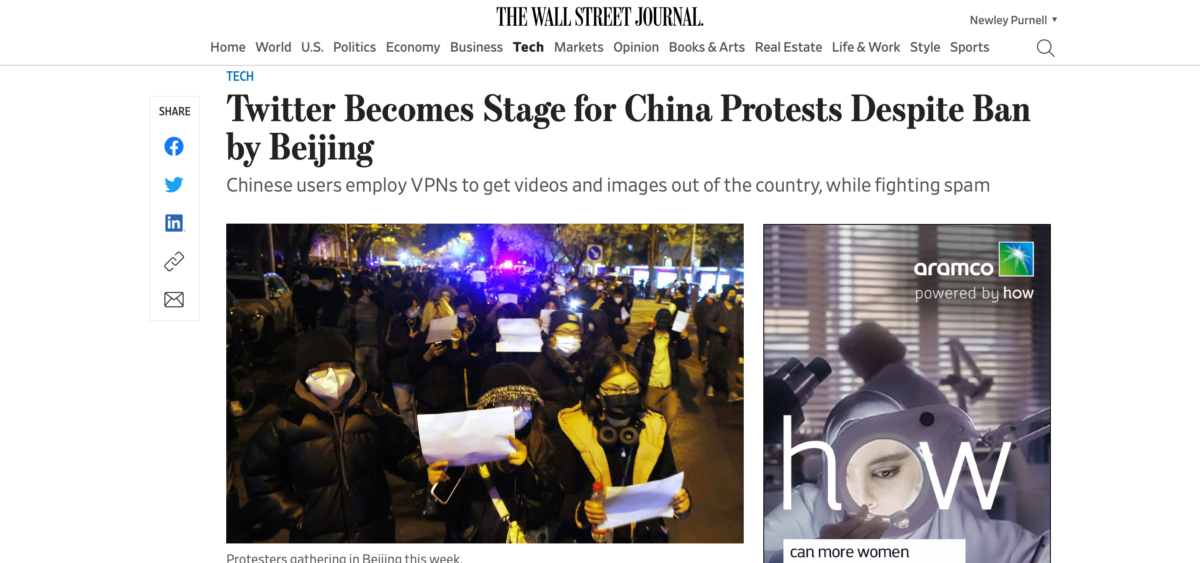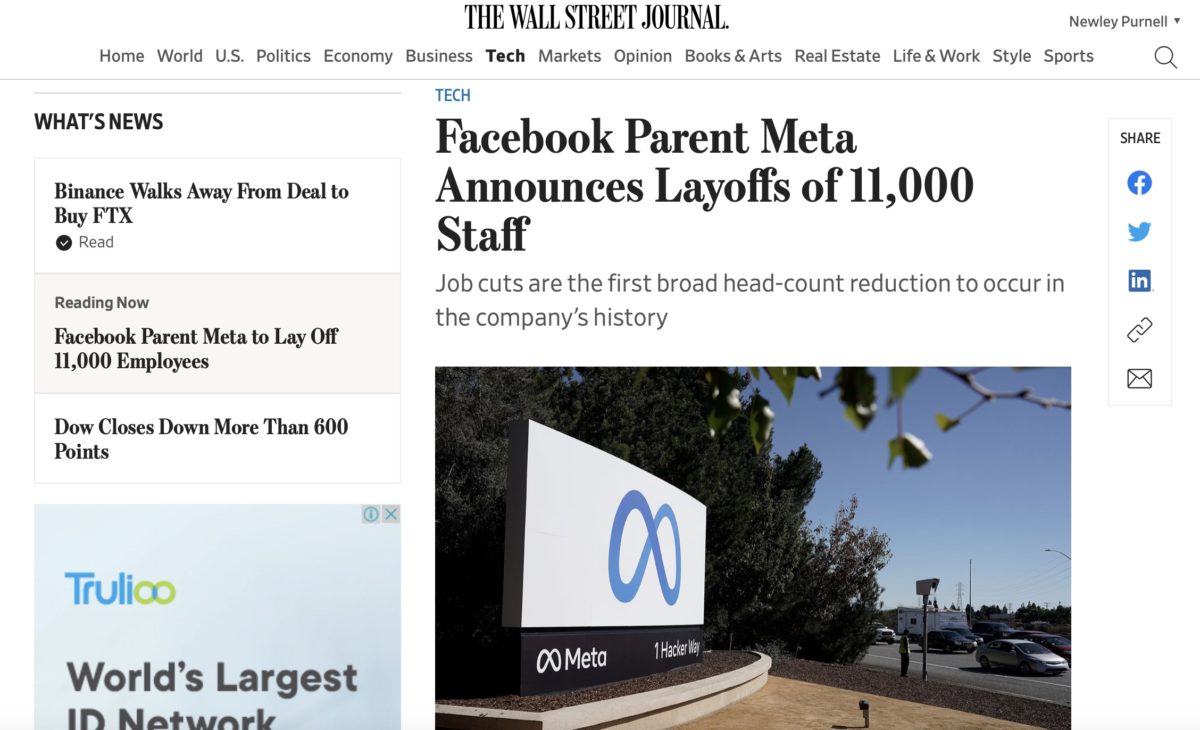That’s the headline on my latest story, out Tuesday. It begins:
HONG KONG—Google is under fire from officials and legislators in Hong Kong over a pro-democracy song that is showing up in search results for the national anthem, raising tensions between American tech giants and authorities as Beijing tries to spread patriotism in the city.
Two members of Hong Kong’s pro-Beijing legislative council in recent days have joined the city’s chief secretary in criticizing the Alphabet Inc. unit for showing the song, “Glory to Hong Kong,” among its top results.
Hong Kong’s official anthem has been China’s “March of The Volunteers” since Beijing regained sovereignty over the former British colony 25 years ago. Antigovernment protesters in 2019 adopted “Glory to Hong Kong”—before the imposition of a national security law—and it has featured prominently on Google and YouTube since then.
That has led to confusion in recent weeks at sporting events when the protest anthem was played, angering local officials and triggering an investigation by the Hong Kong police’s organized crime bureau.
A Google spokeswoman declined to comment, though the company has said its search results are determined by algorithms—not by human curation—and that results some might find objectionable can occur when search queries match text on webpages. The company says it only removes content that violates Google’s policies or specific legal obligations.
Last week, a third lawmaker staged a protest with several people at Google’s Hong Kong office. It was a rare show of anger against an American tech firm in a city where access to the internet—unlike in mainland China—has remained mostly unfettered. That is a key reason why global companies operate in the city.
Hong Kong’s No. 2 official, Chief Secretary Eric Chan Kwok-ki, told media outlets in recent weeks that the government was discussing the search results with Google and its video platform, YouTube.
“It’s about dignity and respect,” said one of the lawmakers, Duncan Chiu.
Click through to read the rest.
